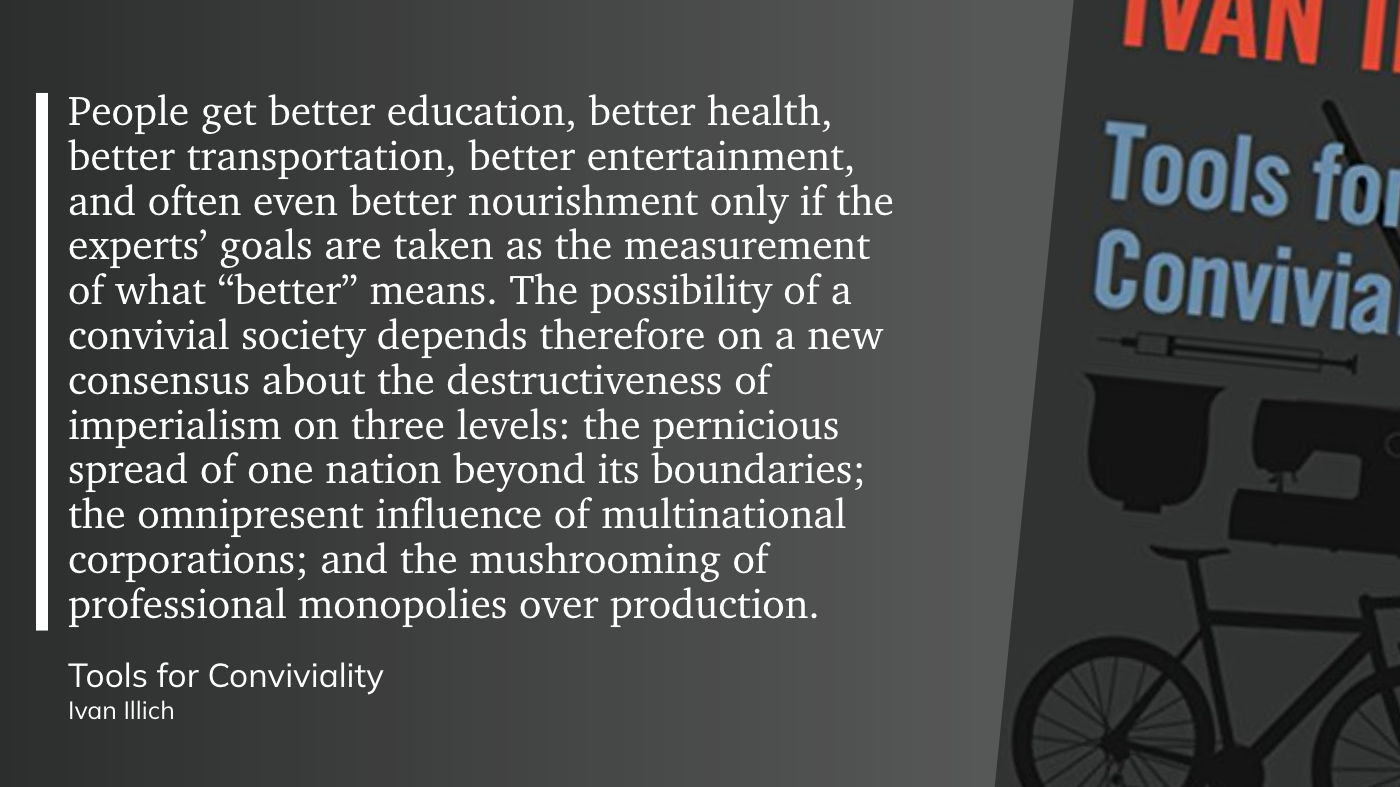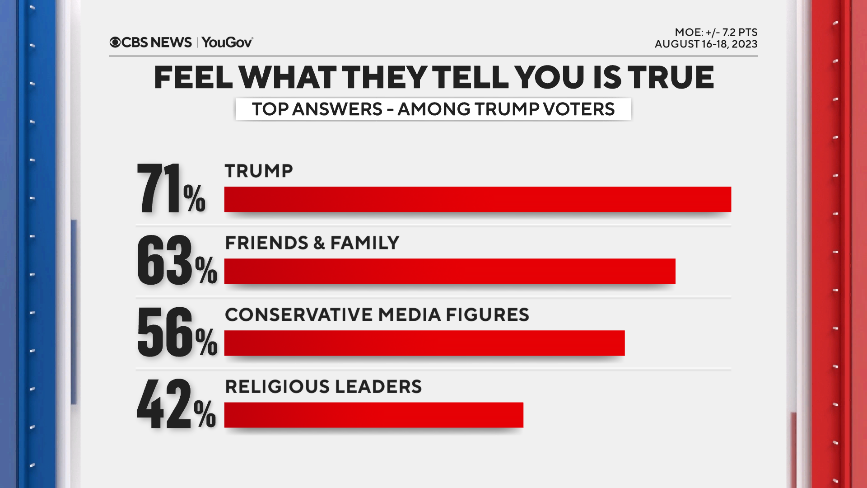Comparative Free Speech Law
While every liberal democracy in the world claims to guarantee free expression in some form, the United States is essentially the only country where the government may not “take sides” on contentious issues by censoring expression based on the speaker’s viewpoint. As the post-October 7 examples show, many European countries have indeed taken a side in the public discourse over the Israeli-Palestinian conflict—in a way that might surprise many American observers: calls for a ceasefire and an end to what they see as an Israel-perpetrated genocide are criminally prohibited hate speech, while support for continued attacks is constitutionally protected. This strange result illustrates the unintended consequences of allowing governments to pick and choose which beliefs are unlawful “hate speech” and which are fair criticism.
The notion—dominant the in most of the world—that hateful speech is not “free speech” dates at least to the global post-World War II reckoning with Nazism …
[H]ate speech is notoriously hard to define, and these systems often give wide latitude to officials to decide what these terms even mean and who should be prosecuted, discretion which officials often use in inconsistent and unpredictable ways.
…
How governments are responding to Israel-Gaza protests illustrates these radically diverging constitutional commitments to viewpoint neutrality. European national officials defended some of these pro-Palestinian restrictions primarily on public-order grounds more than stifling hate. But even so, the double standard implies that they view much of anti-Israeli speech as inherently anti-Semitic, and therefore, beyond the pale. This leads to a paradox, in which criticizing Muslims or Arabs as a group can constitute unlawful hate speech, but many expressions of support for Islamic-Arab groups are also prohibited, because of the threat that the government thinks those groups pose.
…
These examples offer a cautionary tale: When empowering the government to decide which beliefs are illegitimate, future policymakers may not use that power in ways you like or anticipate. They may even decide that your own viewpoints are the illegitimate ones—as with the song of South African anti-apartheid activists, “Shoot the Boer (i.e., white farmer)”; gender-critical feminists’ insistence that natal sex is critical to sexual orientation; and more recently, Palestinian advocates’ calls for a ceasefire and a “free Palestine.”
Scholars and activists celebrating new and stronger hate-speech laws might therefore consider Justice Hugo Black’s 1952 reaction to a (now largely discredited) decision upholding a conviction for disparaging Black Americans: “If there be minority groups who hail this [development] as their victory,” he wrote, they should contemplate Pyrrhus of Epirus’s observation: “Another such victory and I am undone.”
Kevin Cope, The Global Hate-Speech Conundrum via Eugene Volokh (bold added)
Too rich
We live in comforts that the richest of aristocrats not very long ago could never have dreamed of, and yet we claim that we are too poor to have more than a child or two. The truth is the reverse: we are too rich to have more than a child or two, too committed to work for work’s sake and to the purchase of prestige, mansions, the “best” schools, and toys for grown-ups.
Anthony M. Esolen, Out of the Ashes
Out with the old, in with … ummmm …indifference
In 1963, JFK signed the Community Mental Health Act. Its order to close the state psychiatric hospitals was followed, and hundreds were shuttered; the community mental health centers that were meant to replace them were never built …
In 1975, the Supreme Court’s O’Connor v. Donaldson decision established a national standard that the mentally ill could only be involuntarily treated if they represented an immediate threat to themselves or others. This completely removed actual medical necessity from the equation, and the standard directly incentivized hospitals to discharge very ill patients, many of whom leave these useless emergency room visits and immediately abuse drugs, self-harm, commit crimes, attack others, or commit suicide …
There are desperately ill, utterly impoverished, terribly vulnerable people living on the street right now. They are exactly the kind of people the left should fight for. But because we have become such a caricature of ourselves, we are incapable of acknowledging that some people really are fucked up, that some people really are dangerous, that some people really aren’t just different but are sick, ugly sick, violent sick, no-silver-lining sick. Not beautiful and poetic madness but drug addicted, horrifically paranoid, caked-in-shit sick. And what people like that need is to be forced into treatment to save their lives. But sunny, false notions that everyone muttering to themselves on the subway hides a sweet little self-actualized busy bee inside of them, and an impossibly myopic fixation on the abstract rights of people whose brains have hijacked their minds, has left us unable to provide the actual help the severely mentally ill need. I have found no way to penetrate the liberal consciousness on this issue. Because it’s conservatives, I guess, who complain about violence and disorder on the streets.
Freddie deBoer, We Closed the Institutions That Housed the Severely Mentally Ill and We Made It Dramatically Harder to Compel Them to Receive Car
Abortion politics
Even if I were still a single-issue (abortion) voter (I’m not; I’ve seen too many insane and/or phoney “pro-life” candidates), the GOP no longer make a compelling case on that issue.
Hamas Hyperbole, Media Credulity
In a May 6 report, the UN stated the death toll was 34,735, including 9,500 women and 14,500 children, or at least 24,000 civilians.
But two days later, the UN quietly revised its figures, stating that 50 percent fewer civilians had died. The total number of deaths is about the same at 34,844, but that number includes 4,959 women and 7,797 children—a total of 12,756 civilians. (And this from the United Nations, whose General Assembly adopted 15 resolutions on Israel in 2023, compared to seven for the rest of the world combined.)
This revision is the clearest sign yet that Hamas’s statistics cannot be trusted. As David Adesnik, senior fellow at the Foundation for the Defense of Democracies, says: “The UN should state clearly that it has lost confidence in sources whose credibility it has affirmed for months.”
…
Spencer says that even the revised UN figures probably overstate the death toll, because the numbers aren’t limited to people who were killed in the war. “The UN numbers include every death in Palestine no matter what the cause was,” Spencer told The Free Press. “Every natural death, missing person, anyone killed by Hamas.”
And yet, so far not a single major media platform, save Fox News, has reported on the new UN numbers.
Oliver Wiseman, Truth Should Not Be a Casualty of War
China bogeyman
On a Newsweek article skewering Viktor Orbán for his friendliness toward China:
China doesn’t give a damn what Hungary does with its borders, or with LGBT policy. That’s not to say that China doesn’t have and pursue its own interests. The Chinese are not altruists. It’s just that dealing with them, countries can preserve sovereignty in ways the West makes harder and harder to do.
Talk to African diplomats and lawmakers, and you’ll hear from them deep exasperation with the way Western countries constantly push feminist and LGBT ideology on them, as a condition of foreign aid. I invite you to spend just a little bit of time googling “LGBT”, “feminist” and “foreign policy”. Western institutions are as militantly evangelical about these ideologies as the Church was about religion in the Age of Discovery.
If your country wants and needs development aid, but wants to maintain cultural sovereignty, you’re going to look to China. To be very clear, Chinese support also has strings attached! But they are different strings. My point is simply that mindless cheerleaders for the Western establishment, like the Newsweek essayist, should make the effort to see what things look like to people outside the Greater American Empire.
Rod Dreher, ’4 Legs Good! 2 Legs Bad!’ Conservatism
Pre-emptive strike
Ron DeSantis bans cultivated meat in Florida because … reasons:

I’m not making this up. He Tweeted this graphic.
Strong People
Whenever I watch a Netflix show these days, it seems as if there are several themes that are yawningly predictable. One of them is the motif of the “strong woman.” (I’m not referring to the South Park “strong woman.” That is a subject for another day.)
I mean the way in which female characters must now almost always be shown to be people of unbelievable strength—including rather unbelievable physical strength. One reason the recent Amazon adaptation of J.R.R. Tolkien’s Lord of the Rings (called The Rings of Power) flopped is that it tried to push this motif at every turn. In one especially implausible scene, a “strong woman” fights off a whole horde of armor-clad men with her bare fists. We were meant to marvel at her strength. Most people reached for the off switch.
I didn’t make it past the first 15 minutes or so of The Rings of Power, but it took me 6 episodes to reach my limit on Apple TV’s Sugar, which ended with a similarly absurd show of superhuman strength.
Zero-sum
Maybe the prospective [wedding service] customers, like many Americans, do not see transcendent meaning in the ceremonial commencement of matrimony, because they associate a wedding as admittance to an institutional legal fiction that allows one access to nothing more than a cluster of political and social privileges not available to other friendships. So, given this understanding, it is not surprising that the customers see the provider’s refusal as a negative judgment on the public legitimacy of their union. Thus, it’s easy to see why the customers would be offended by the provider’s refusal and subsequently seek legal redress. But what the customers fail to see is that their demand that the courts force the providers to rescind their denial and be punished for it is really a demand that the state force the providers not to exercise their freedom of worship, the liberty not to participate in, or not provide assistance to, ceremonies that one believes have sacramental significance.
Robert P. George Amicus Brief in 303 Creative, quoted by Francis J. Beckwith in Taking Rites Seriously.
Anti-Trump screeds moved to my personal Journal
There were two screeds here. They’re gone now. You’re welcome.
Here’s the gist of the first.
The second is from his own mouth via The Guardian and the Morning Dispatch.
I suffer more from the humiliations inflicted by my country than from those inflicted on her.
Simone Weil, from a letter to Georges Bernanos.
You can read most of my more impromptu stuff here and here (both of them cathartic venting, especially political) and here (the only social medium I frequent, because people there are quirky, pleasant and real). All should work in your RSS aggregator, like Feedly or Reeder, should you want to make a habit of it.




